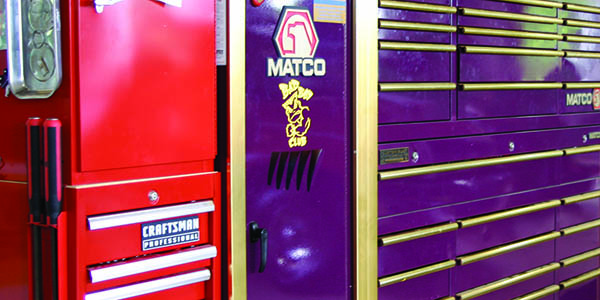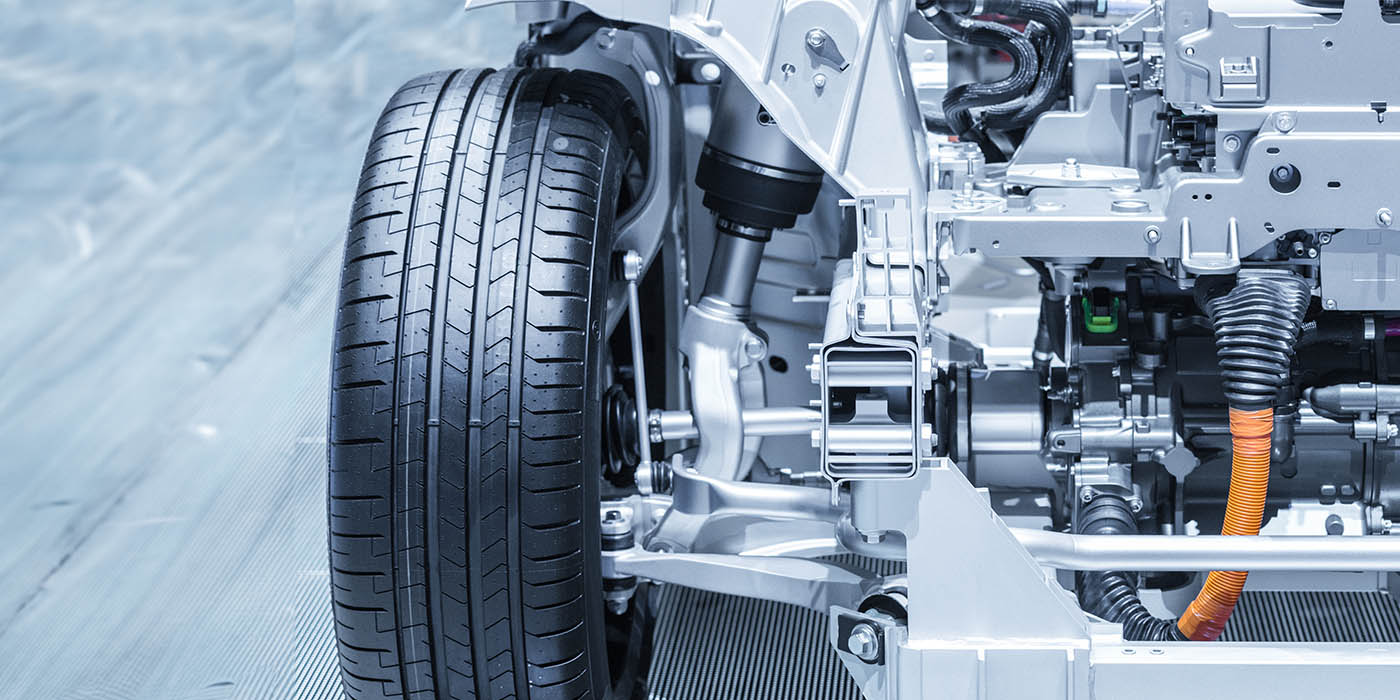I’ll bet you’ve been turning wrenches and talking with customers for quite some time now. You’ve probably even tossed around the idea of changing careers at one time or another, too. Even if the grease, grime, technical and mechanical stuff — not to mention the various ups and downs of the day-to-day drudgery — all fit you like a glove, some of you still might not be sure you’re truly a professional mechanic at heart. If you’re one of these people questioning whether you’re really meant for this profession, here are some unmistakable signs you’re a dyed-in-the-wool professional mechanic whether you like it or not.
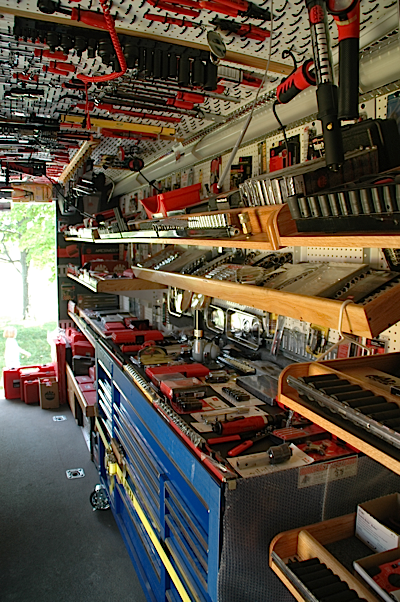 • You have no trouble spending more money on the tool trucks than you do on your girlfriend or wife.
• You have no trouble spending more money on the tool trucks than you do on your girlfriend or wife.
• You know every type of automotive fluid by taste, but not by choice.
• Losing a socket is more frustrating than losing your keys.
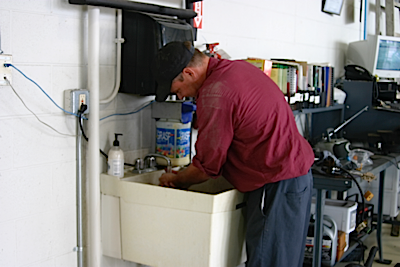 • You wash your hands before nature calls.
• You wash your hands before nature calls.
• You’re a bit smarter than a fifth grader, especially if a fifth grader had to answer questions about the technical and mechanical aspects of the modern automobile. But, naming the capitals of all 50 states isn’t one of your strong points.
• Spending an hour and a half busting off a rusted bolt for a job that only pays .5 is all in a day’s work.
• You’re able to listen to every walk of life explain the same type of problem on the same type of car, but in totally different ways, and still know exactly what they are talking about.
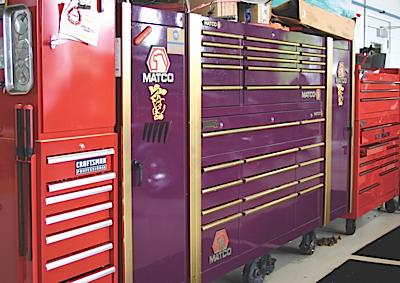 • You spend $100,000 on personal tools and education just to make less than that a year.
• You spend $100,000 on personal tools and education just to make less than that a year.
• You’re a self-taught contortionist who can maneuver into places that seem humanly impossible.
• You’ve been told that you don’t need an education to do this job, that anybody can do it, yet half of your customers don’t know how to pop the hood on their own automobile.
• It’s not unusual to be halfway done with lunch on a busy day only to realize your sandwich has as many grease prints on it as your shop rag.
• You can remember 12-digit part numbers by heart, the oil filter size for an ‘85 Camaro and the firing order on every V8 engine, but can’t remember your wife’s birthday to save your life.
• You read car forums on the Internet just to get a good laugh at the suggestions.
• You get annoyed with the parts guy when he asks, “Is that a two or 4WD?” when all you wanted was wiper blades.
• You know from experience that torqueing a greasy bolt with an open end wrench also means you should check the path of the wrench for any obstacles that may end up embedded in your hand.
• When somebody says, “Since ya got it in the shop…” you break out in hives and your upper lip curls into an Elvis snarl.
• The wife notices you still have grease on your elbows when you’re out to dinner after work. Then, she chides you for having them on the table.
• You’ve had to order a part that the wiring diagram calls one thing, the locator page calls another, the parts department calls something else, and still yet, the labor guide has a completely different name for the exact same thing.
• You know “lefty-loosey, righty-tighty” does not apply to the side of a car with reverse lug nuts, and you know which vehicles those are.
• You can’t have a meaningful conversation with anyone who says they like to work on cars except for another true mechanic. Thankfully, your wife understands you even though she doesn’t have a clue what you’re talking about.
• You don’t think of repairs based on what they cost, but on how much aggravation is involved.
• You can spot a professional mechanic from a “wanna-be” as soon as they tell you how they diagnosed a car they’re still having problems with.
• You have a rather low opinion of anyone who calls themselves a mechanic if their entire education is based on watching YouTube videos from other non-professional mechanics.
• Not all the screwdrivers you own will fit into one drawer.
• For you, an open hood is like a moth to a flame.
 • You know what cheap sockets are good for.
• You know what cheap sockets are good for.
• You know what a cheap socket looks like.
• Borrowing tools is a sin; not returning borrowed tools is a crime.
• You’ve pondered which came first: the wrench or the screwdriver.
Chances are if you got to the end of this list, you’re a lifer. So, quit your grumbling, stop your fussing and no more bellyaching that you’re going to change professions. Just grab your tools and get back to work because you are what you are: a professional mechanic, and that’s something a lot of people don’t have the knack or natural talent to ever achieve in their lifetime. The skills of a professional technician aren’t found in a tool box or in an instructional video made by some cheesy personality, they’re in the hands of the person holding the wrench. All in all, you love your job and your customers, and you just have to be reminded about it from time to time. So, the next time someone asks what you do for a living, hold your head high and tell them, “I’m a professional mechanic.”

